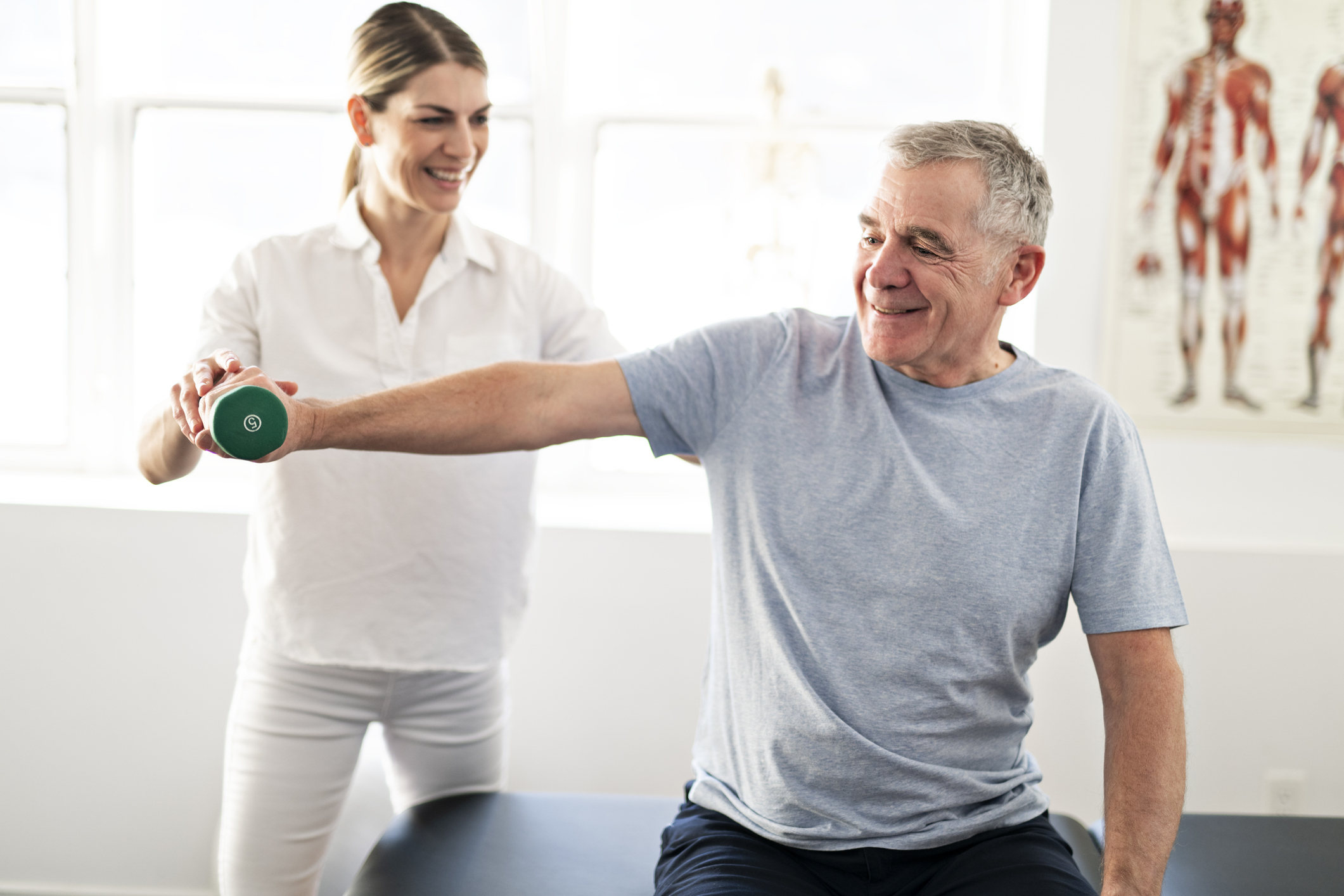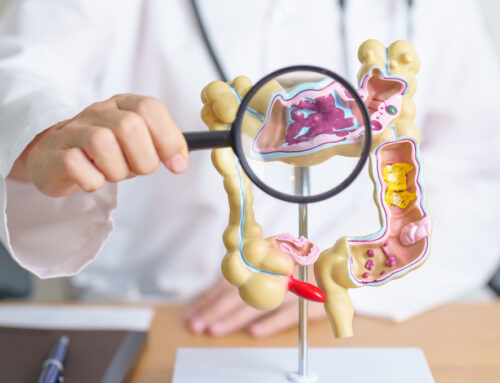 It is a common struggle for many Americans – how to remain consistent with exercise. The Centers for Disease Control (CDC) recommends that adults get at least 150 minutes of moderate-intensity aerobic physical activity, 75 minutes of vigorous-intensity physical activity, or an equivalent combination, each week.
It is a common struggle for many Americans – how to remain consistent with exercise. The Centers for Disease Control (CDC) recommends that adults get at least 150 minutes of moderate-intensity aerobic physical activity, 75 minutes of vigorous-intensity physical activity, or an equivalent combination, each week.
A colleague, also affiliated with the TopLine MD Alliance, Dr. Sadia Ali, has shared some important insights on exercises and their benefits listed below. She also shares several exercises that help improve function in different parts of the body, movement that can alleviate anxiety and stress, and more.
Why Exercise Is Important
Exercise helps combat anxiety and depression by balancing serotonin levels and releasing of the “feel good” hormones called endorphins. Doing 30 minutes of exercise or more a day, for three to five days a week, may significantly improve depression or anxiety symptoms.
Exercise also promotes neuroplasticity which is neuroplasticity is the ability of your brain and nervous system to change their activity in response to internal or external stimuli and increases oxygen supply to your brain.
Exercises That Help Combat Health Conditions and Diseases
Weightlifting is great for bone health and prevention of osteoporosis. During weight-bearing activity, the muscles and tendons apply tension to the bones, which stimulates the bones to produce more bone tissue. As a result, bones become stronger and denser and the risk of osteopenia, osteoporosis, and fractures decreases.
Aerobic exercise can also help prevent cardiovascular disease. Thirty minutes of aerobic exercise for five days per week can help reduce your risk of cardiovascular disease. Exercise can help improve insulin sensitivity-hence improving blood sugar control, and increases our “good cholesterol”- HDL levels-which is protective against heart attack or stroke. Exercise not only decreases blood pressure, but also lowers the body’s oxidative stress and inflammation levels.
Exercises Can Also Improve Mood
Often referred to as a runner’s high, any aerobic activity, such as a rousing game of tennis or a nature hike, can contribute to this same feeling. Exercise can provide stress relief for your body while imitating effects of stress, such as the flight or fight response, and helping your body and its systems practice working together through those effects. This can also lead to positive effects in your body — including your cardiovascular, digestive, and immune systems — by helping protect your body from harmful effects of stress.
Another impactful exercise-related neurotransmitter is dopamine. Dopamine plays an important role in how you feel pleasure. It is also responsible for other processes in your body, such as regulating heart rate, sleep cycles, mood, attention, motivation, working memory, learning, and pain processing.
If you have not exercised for some time or have health concerns, you may want to talk to your doctor before starting a new exercise routine. If you would like to speak to a doctor about introducing fitness into your daily routine, please reach out to your TopLine MD Alliance affiliated physician or find one here.
 Dr. Sadia Ali is a proud member of the TopLine MD Alliance practicing Primary Care in Broward County.
Dr. Sadia Ali is a proud member of the TopLine MD Alliance practicing Primary Care in Broward County.
The TopLine MD Alliance is an association of independent physicians and medical practice groups who are committed to providing a higher standard of healthcare services. The members of the TopLine MD Alliance have no legal or financial relationship with one another. The TopLine MD Alliance brand has no formal corporate, financial or legal ties to any of the affiliated physicians or practice groups.



